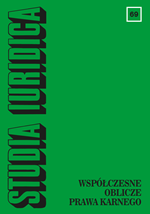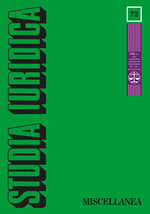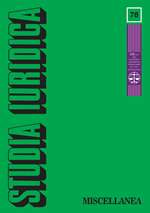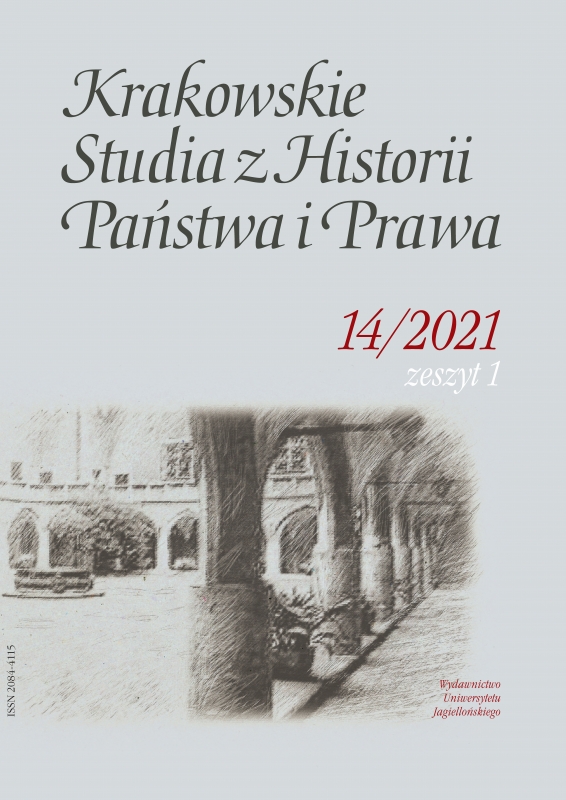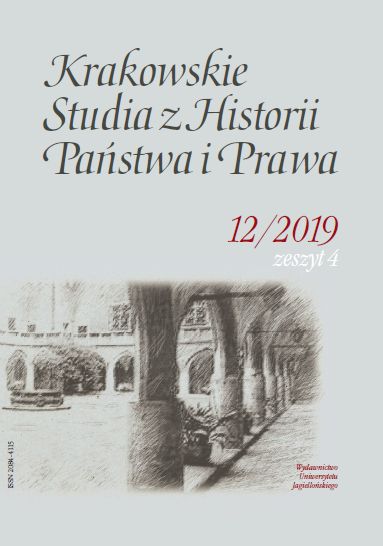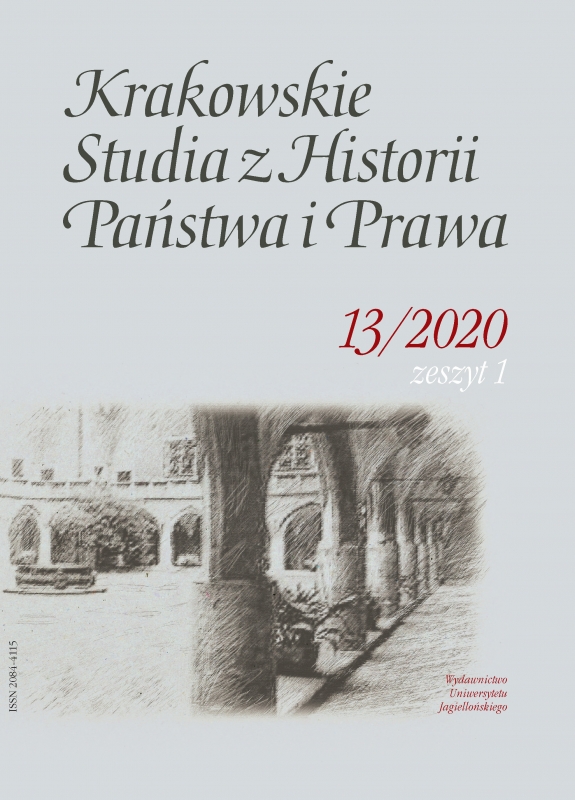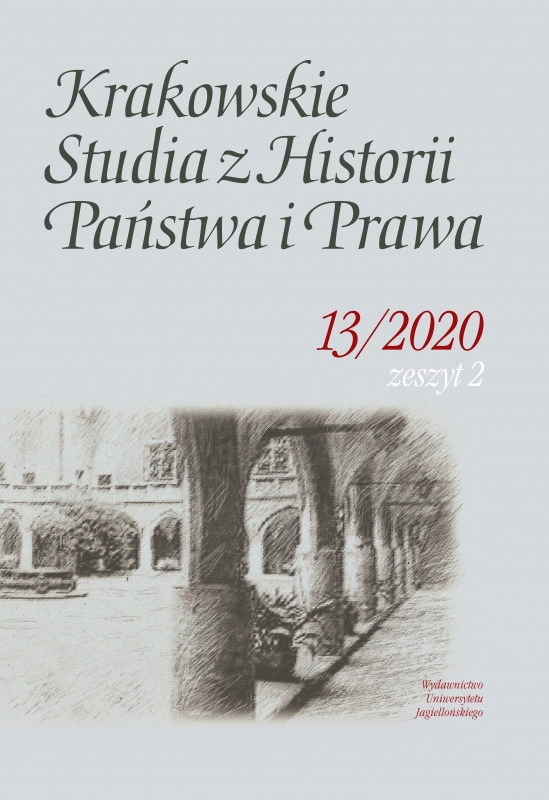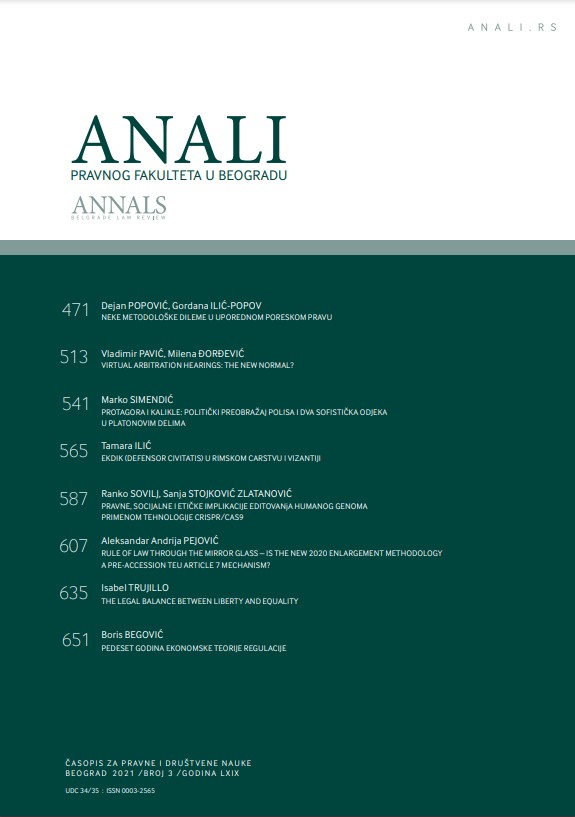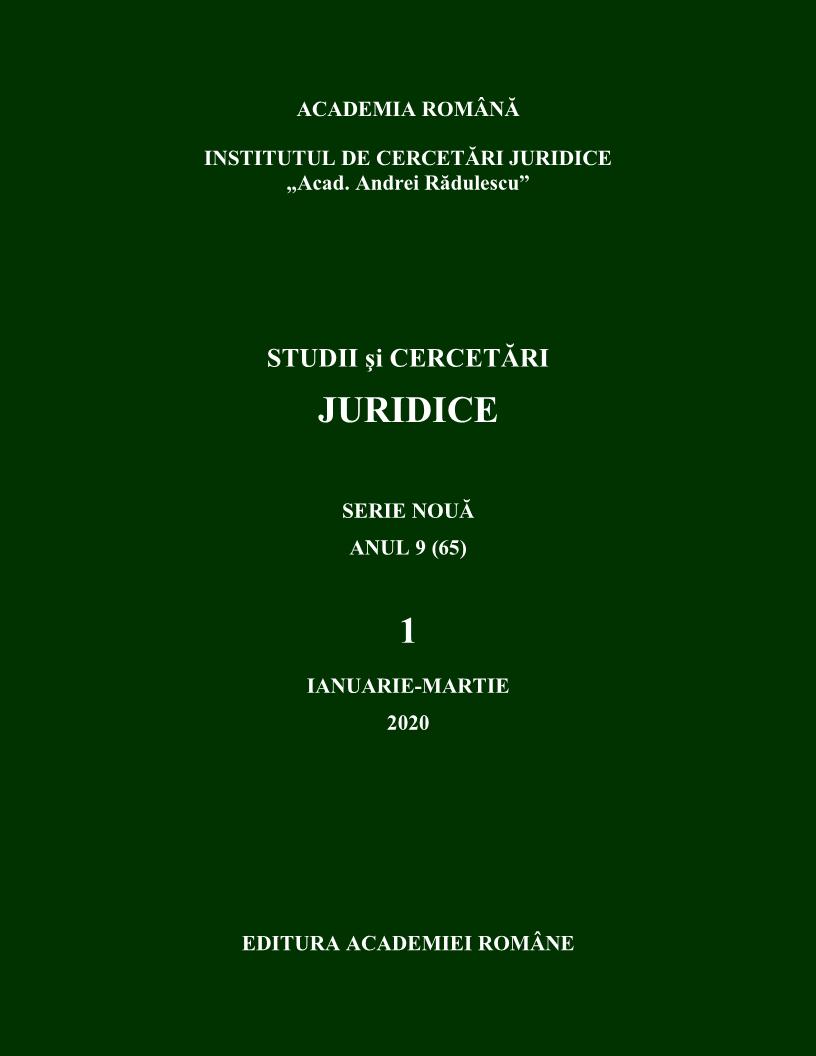Author(s): Mircea Dutu / Language(s): Romanian
Issue: 1/2020
The issue of the affirmation of a Romanian school and the creation of a national doctrine of public international law has especially been raised in the interwar period. The study of this scientific field started in the Romanian universities in the 1860s, under the name of ius gentium (“the law of nations”), and has developed eventually, gradually acquiring, especially after Romania gained its independence (1878), a national dimension, given that it has been, for a long while, tributary to the French doctrine in the field. The creative effervescence and the momentum of the scientific and cultural development post-1918 – given the completion of the process of creating a national and unitary Romanian state, and the creation of a great national university, by joining to the original law schools in Iaşi and Bucharest the ones in Cernăuţi and Cluj – have favored the creation of an authentic Romanian school of international law and the emergence of the first elements of a national doctrine in the field, marked by aspects regarding the consolidation of the national state as subject of law, organizing international peace and security, promoting new principles of sovereignty, equality in rights, non-aggression, peaceful international conflict solving e.a., as previewed by the Paris peace treaties of 1919-1920. An important factor in this process was the Romanian contribution to the activity of the Society of Nations, and the political and diplomatic promotion of the new European and international order of those times. Romanian doctrinarian contributions have been affirmed as well in the development of the universal science of law, such as V.V. Pella’s, the founding father of international criminal law, Nicolae Titulescu’s, promoter of the law of peace, or Paul Negulescu’s, precursor of global administrative law etc. The beginning of World War II and its consequences have broken this process; between 1947 and 1989 the pertinent concerns have been defined by ideological excesses and, after 1964, by a spurt of sovereignty. In the past three decades, the economical and social transformations and evolutions, registered as well in the field of higher education and legal scientific research, have not favored the revival and the elevation of the interwar issues in the field to a higher level. After a retrospective analysis of the problematic, the author proposes a full program of reconstitution of the Romanian school, and of completion of a national doctrine of public international law.
More...
